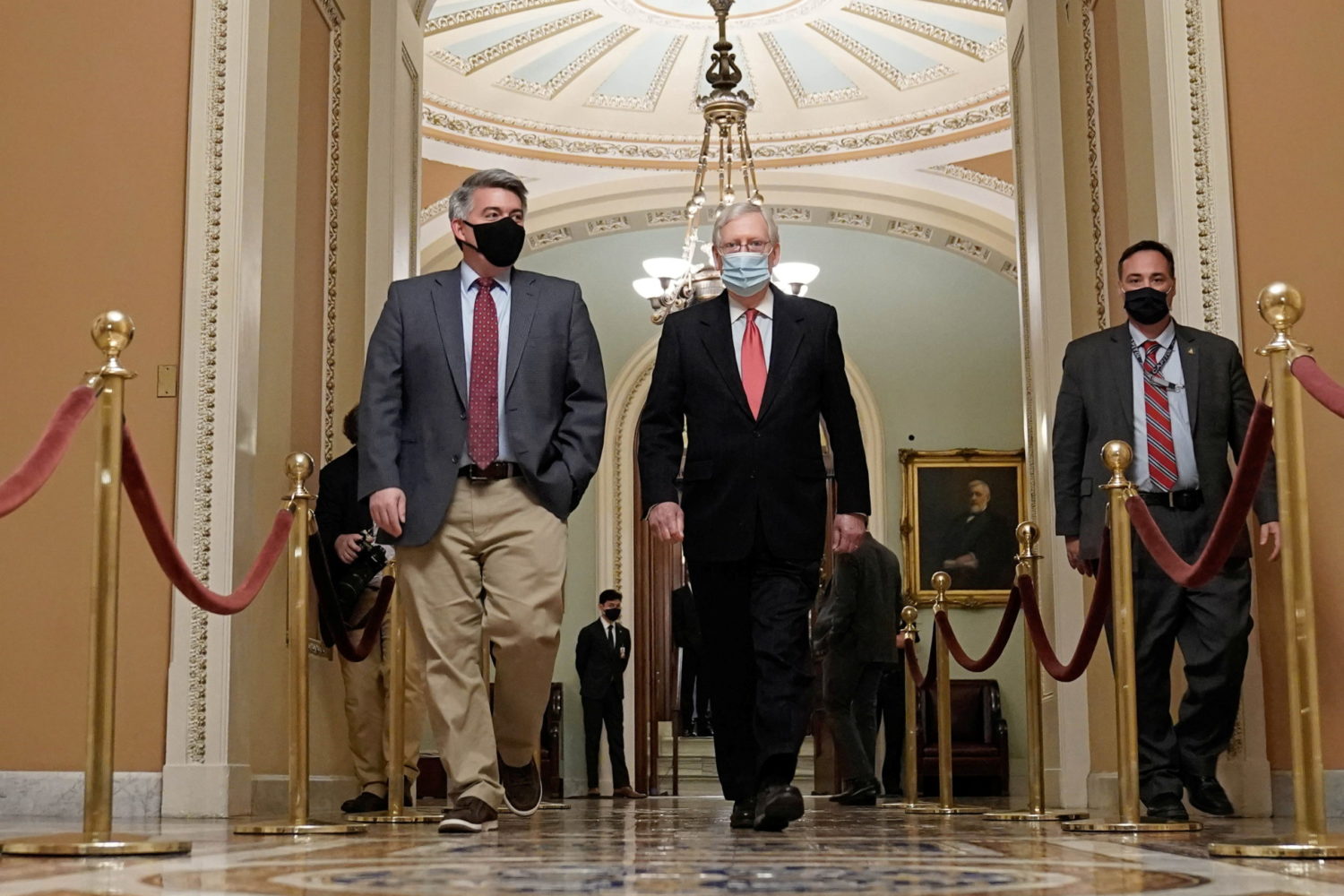
By Diane Bartz and Elizabeth Culliford
WASHINGTON (Reuters) – The chief executives of Facebook, Google and Twitter appeared before Congress on Thursday to answer questions about extremism and misinformation on their services in their first appearances since rioters assaulted the U.S. Capitol on Jan. 6.
Facebook Inc Chief Executive Mark Zuckerberg; Sundar Pichai, chief executive of Google parent Alphabet Inc; and Twitter Inc CEO Jack Dorsey are testifying before the joint hearing by two subcommittees of the House Energy and Commerce Committee.
Lawmakers began the hearing by criticizing the social media platforms for their role in the riot and in the spread of COVID-19 vaccine misinformation, as well as concerns about children’s mental health.
“You failed to meaningfully change after your platform has played a role in fomenting insurrection and abetting the spread of the virus and trampling American civil liberties,” said Democratic Representative Frank Pallone, chair of the Energy and Commerce committee.
“Your business model itself has become the problem and the time for self-regulation is over. It’s time we legislate to hold you accountable,” he added.
Some lawmakers are calling for Section 230 of the Communications Decency Act, which shields online platforms from liability over user content, to be scrapped or rejigged. There are several pieces of legislation from Democrats to reform Section 230 that are doing the rounds in Congress, though progress has been slow. Several Republican lawmakers have also been pushing separately to scrap the law entirely.
In written testimony released on Wednesday, Facebook argued that Section 230 should be redone to allow companies immunity from liability for what users put on their platforms only if they follow best practices for removing damaging material.
Facebook’s Zuckerberg said polarization in the country was not the fault of social media: “I believe that the division we see today is primarily the result of a political and media environment that drives Americans apart.”
Republicans on the panel also criticized the tech giants for what they see as efforts to stifle conservative voices.
Former President Donald Trump was banned by Twitter over inciting violence around Jan. 6, while Facebook has asked its independent oversight board to rule on whether to bar him permanently. He is still suspended from YouTube.
The three CEOs have all appeared in front of Congress before, with Facebook’s Zuckerberg clocking up seven appearances since 2018.
Lawmakers’ scrutiny of misinformation on major online platforms intensified after U.S. intelligence agencies said Russia used them to interfere in the 2016 presidential election.
(Reporting by Diane Bartz in Washington and Elizabeth Culliford in New York; Additional reporting by Nandita Bose in Washington; Editing by Sonya Hepinstall and Lisa Shumaker)











